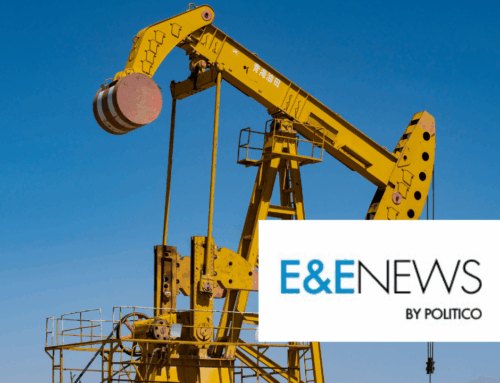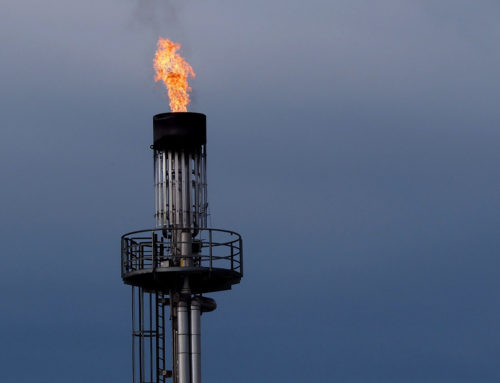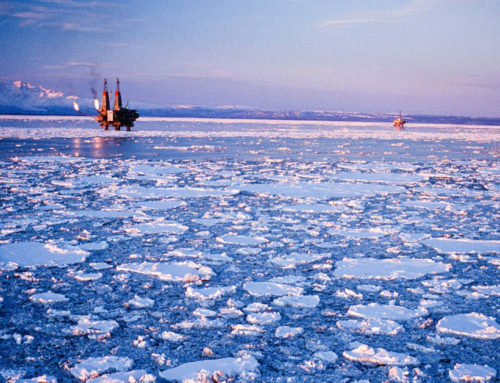Today, the Environmental Protection Agency (EPA) released a supplemental rule that would strengthen and expand standards to reduce methane and volatile organic compound (VOC) emissions in the oil and natural gas sector. This supplemental proposal establishes comprehensive standards of performance for greenhouse gas emissions for new and existing oil and gas facilities.
Statement by Autumn Hanna, Vice President of Taxpayers for Common Sense
EPA’s supplemental proposal to make important changes to reduce methane waste and pollution is a win for taxpayers. Oil and gas companies don’t think twice about releasing gas into the atmosphere because it doesn’t cost them anything. But it costs American taxpayers. Methane is a powerful greenhouse gas, and it is intensifying the damage caused by climate change. American taxpayers will spend $100 billion or more – just in 2022 – on emergency relief for property and infrastructure damage from natural disasters made more destructive and costly by climate change. While more must be done, today’s rule to strengthen federal actions to ratchet down methane waste is an important step towards achieving real climate solutions.”
Background
Taxpayers spend billions every year fighting the effects of climate change. Methane accounts for about half the net rise in global average temperature since the pre-industrial era, and the oil and natural gas industry is the United States’ largest industrial emitter of methane. In the ten-year period FY2012-2021, oil and gas operators reported venting, flaring, or losing 300 billion cubic feet (bcf) of natural gas from leases on federal lands.
The natural gas wasted every year has a market value of hundreds of millions of dollars and the potential to power significant economic activity. Using average monthly Henry Hub natural gas spot prices, gas lost just from federal lands during the last ten years had an estimated value of $949 million. Much of this gas was lost without incurring a royalty, costing taxpayers at least $76 million in potential royalty revenue over the past decade.
Methane emissions by the oil and gas sector also contribute to the rising costs of climate change. Every year, taxpayers spend billions on disaster assistance to businesses and individuals in the wake of hurricanes, floods, and wildfires made increasingly destructive by climate change. Methane is a highly potent greenhouse gas. Compared to carbon dioxide, methane in the atmosphere traps at least 25 times as much heat over a 100-year period, or more than 80 times as much heat over a 20-year period.
Additional Resources
- Gas Giveaways II: Methane Waste on Federal Lands is Business as Usual: TCS report on the billions of cubic feet of methane that is vented (released), flared (burnt off), and leaked by oil and gas operators on federal lands every year.
- Budget Watchdog, All Federal — Ep. 29: Venting & Flaring: TCS podcast on how methane waste from oil and gas development on federal lands is causing economic damage to all taxpayers – and the climate.
- Letter to the Department of the Interior on Methane Waste Prevention Rule: TCS urges the agency to publish a new proposed rule to curtail the waste of taxpayer-owned natural gas from oil and gas leases on federal lands through a prohibition of routine venting and flaring of associated gas and establishment of a clear standard for imposing royalties on lost gas.
- Methane Waste on Federal Lands: TCS issue brief on current policies that allow producers to vent, flare, and leak large amounts of methane without paying a royalty to federal taxpayers, the owner of the resource.










